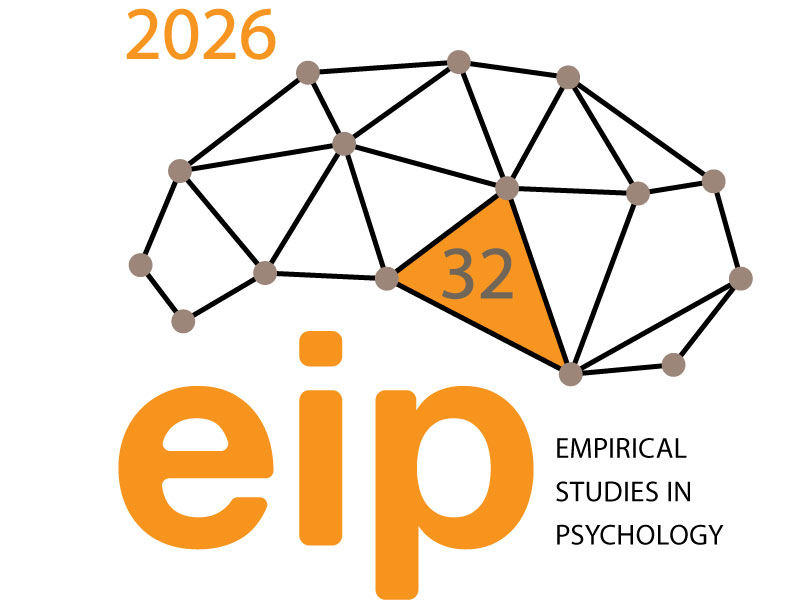Zorana Zupan, University of Belgrade
Nenad Havelka Lecture of Honor
The Award for Outstanding Achievement in the Early Phase of a Scientific Career 2024
Attention, particularly in a developmental context, is the cornerstone for learning and adeptly navigating the world. Effective attentional control is critical for prioritizing incoming relevant information during information processing. In this lecture, I will present findings that demonstrate the impact of stimulus complexity on attentional processes in developmental research, through the framework of visual marking as outlined by Watson and Humphreys (1997). Visual marking delineates individuals’ capacity to selectively allocate attention to novel or relevant information while disregarding previously processed or irrelevant stimuli. Through our research, I will illustrate how the introduction of various features of stimulus complexity influences attentional outcomes in both children and adults. Our findings reveal that motion is a feature contributing to stimulus complexity. When stimuli are in motion, we observe a shift in attentional patterns, with older children mirroring patterns akin to younger children encountering static stimuli. Similar research with adults underscores similarities between developmental and adult attentional patterns when processing complex stimuli. These findings emphasize the need to consider stimulus complexity in understanding attentional processes across diverse developmental stages. Subsequently, we will broaden this perspective to developmental research involving infants, which will investigate how early attentional processes are shaped by stimulus complexity. Lastly, we will explore further potential avenues for future research and discuss the implications these questions hold for developmental science and applied contexts. |
 |
|
Zorana Zupan is a research associate at the Department of Psychology, Faculty of Philosophy, University of Belgrade. After completing her doctoral studies at the University of Warwick, she pursued postdoctoral studies at the University of Cambridge. She was awarded the best doctoral thesis in psychology at the Faculty of Science at the University of Warwick in 2016. Her research work spans two main lines: the first examines cognitive mechanisms of visual attention and executive functions in children and adults, while the second line focuses on health psychology. Within her first line of research, she has investigated visual attention mechanisms and executive functions and their development in children and adults. In the field of health psychology, she has explored health behaviors as risk factors for chronic diseases, health behaviors, and behavioral interventions during the COVID-19 pandemic, and psychological factors related to non-adherence to medical recommendations. She has also investigated intersections of these topics, including the use of cognitive tasks in clinical research and the mediation of executive functions in health behaviors. She has authored 20 scientific papers published in prestigious scientific journals. She is a member of the Cognitive Science Society, the International Society for Pharmacoeconomics and Outcomes Research (ISPOR), and the Serbian Psychological Society. |

